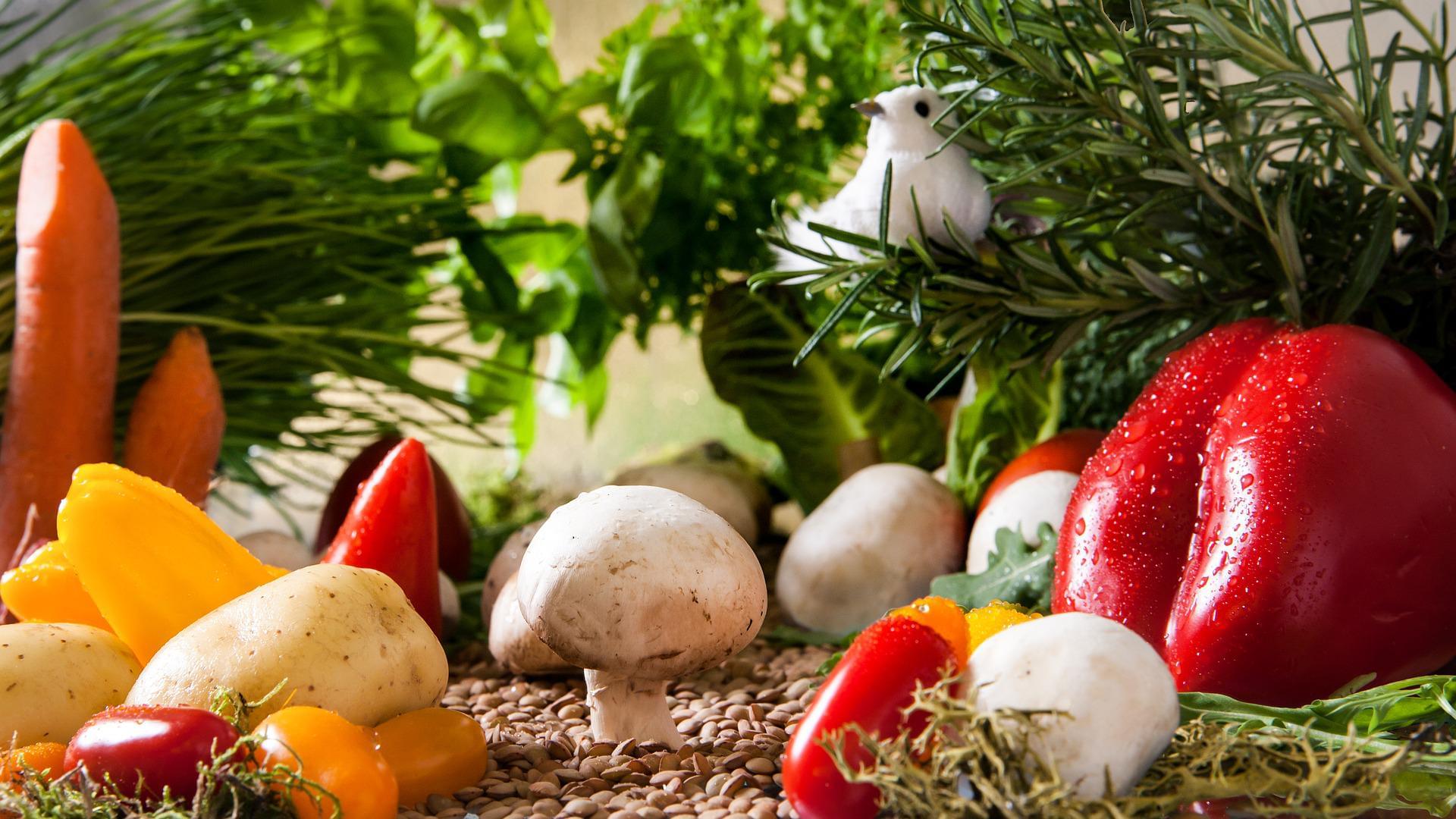Food industry saved 250 million meals from going to waste in 2021 in UK
The food industry contributed to the redistribution of over 106,000 tonnes of surplus food – or the equivalent to 253 million meals, worth more than £330m – in 2021.

The amount of surplus food charities handled in 2021 was a sixfold increase from six years ago
Wrap said the collective efforts of retailers, food manufacturers, hospitality and foodservice businesses, as well as the voluntary sector, resulted in a yearly increase of surplus food redistribution of 16% – despite the challenges that plagued the industry over that period, including the supply chain crisis, labour shortages and rising food prices.
From 2020 to 2021, the increase of 14,500 tonnes was equal to food worth over £45m, or enough to provide 34 million meals.
From 2020 to 2021, the increase of 14,500 tonnes was equal to food worth over £45m, or enough to provide 34 million meals.
The main types of food redistributed were largely the same each year, although the amounts of fresh meat and fish, drinks, and ambient food more than doubled from 2019 to 2021. Last year, ambient and drinks made up the largest proportion of surplus food redistributed (35%), followed by chilled foods (23%), fresh produce (15%), unknown (16%), bakery (7%) and frozen (3%).
“The UK’s network of food charities provides a lifeline for many people, and while they serve a crucial function in supporting families, they are also a key environmental tool preventing food waste,” said Claire Shrewsbury, Wrap director of insights and innovation.
Related news
Fashion, drones and sustainability – the new face of agriculture at the AgriTech InnoExpo event
🎧 Hallgasd a cikket: Lejátszás Szünet Folytatás Leállítás Nyelv: Auto…
Read more >Related news
Innovations, success stories and awards on the same stage
🎧 Hallgasd a cikket: Lejátszás Szünet Folytatás Leállítás Nyelv: Auto…
Read more >Farewell day at the 60th anniversary EuroShop trade fair
🎧 Hallgasd a cikket: Lejátszás Szünet Folytatás Leállítás Nyelv: Auto…
Read more >NAV: Women’s Day inspections begin
🎧 Hallgasd a cikket: Lejátszás Szünet Folytatás Leállítás Nyelv: Auto…
Read more >







